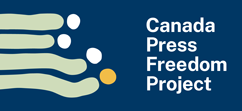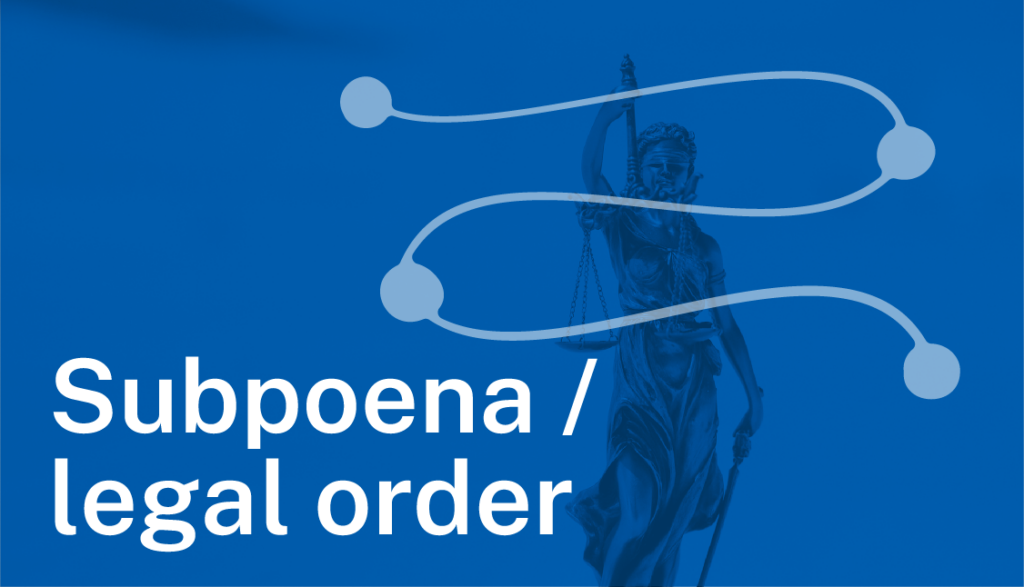A U.S. federal judge held Canadian journalist Catherine Herridge in civil contempt after she refused to identify her source for a series of investigative articles.
In 2017, Herridge reported for Fox News on alleged connections between the Chinese military and U.S.-based scientist Yanping Chen. The reporting included details from an FBI investigation into Chen, and was based on information provided by at least one anonymous source.
In 2018, Chen sued three U.S. federal agencies, claiming that details from the investigation had been leaked to Herridge, infringing her privacy. In the lawsuit, Chen demanded that Herridge reveal the identity of her sources.
In August 2023, a U.S. court ordered Herridge to respond to questions asked by Chen’s lawyers about her sources, which she refused to do. In a subsequent interview under oath with Chen’s lawyers, Herridge declined to answer “dozens” of questions about her sources, reported AP.
On March 1, 2024, a U.S. federal court held Herridge in contempt for refusing to answer the questions. The judge noted the “paramount importance of a free press in our society,” but added that the court “also has its own role to play in upholding the law and safeguarding judicial authority.”
“Herridge and many of her colleagues in the journalism community may disagree with that decision and prefer that a different balance be struck, but she is not permitted to flout a federal court’s order with impunity,” the judge wrote.
The court ordered Herridge to pay $800 per day until she revealed the source, but suspended enforcement of the penalty until Herridge was able to appeal. Hearings for her appeal began on Nov. 18, 2024.
Media organizations have said that a ruling against Herridge would be a major blow to press freedom. “When courts force journalists to reveal their sources, this weakens the trust anonymous sources will have to come forward,” Ashanti Blaize-Hopkins, national president of the Society of Professional Journalists, said after the March ruling. “If that trust is weakened, journalists in some cases will not be able to hold those with power accountable. We urge the judge to reverse this decision.”
Ahead of Herridge’s appeal in November, the Freedom of the Press Foundation wrote that “If the court rules against Herridge, every potential government whistleblower in the nation’s capital will think twice before talking to journalists in confidence.”

